Betty Jones
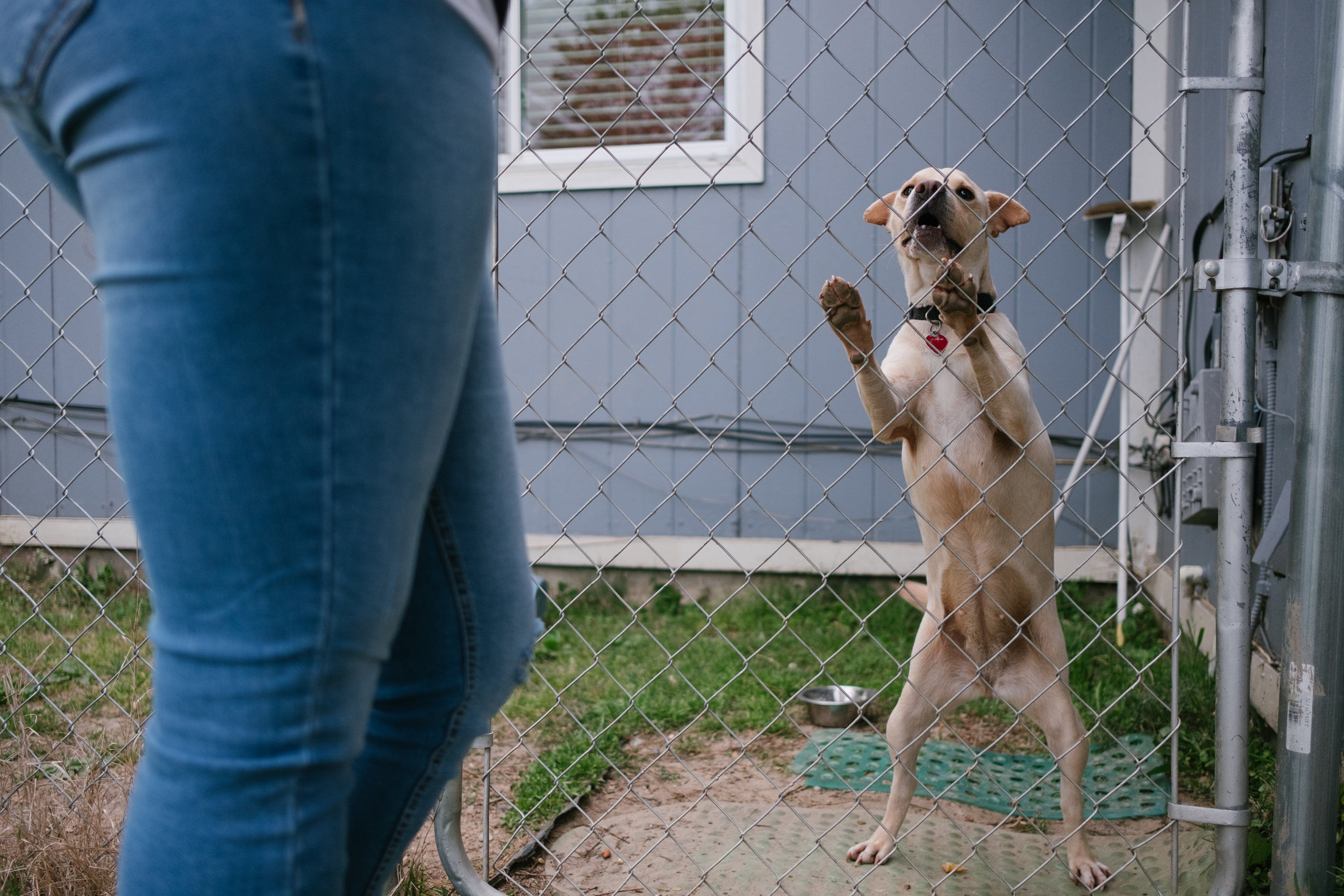
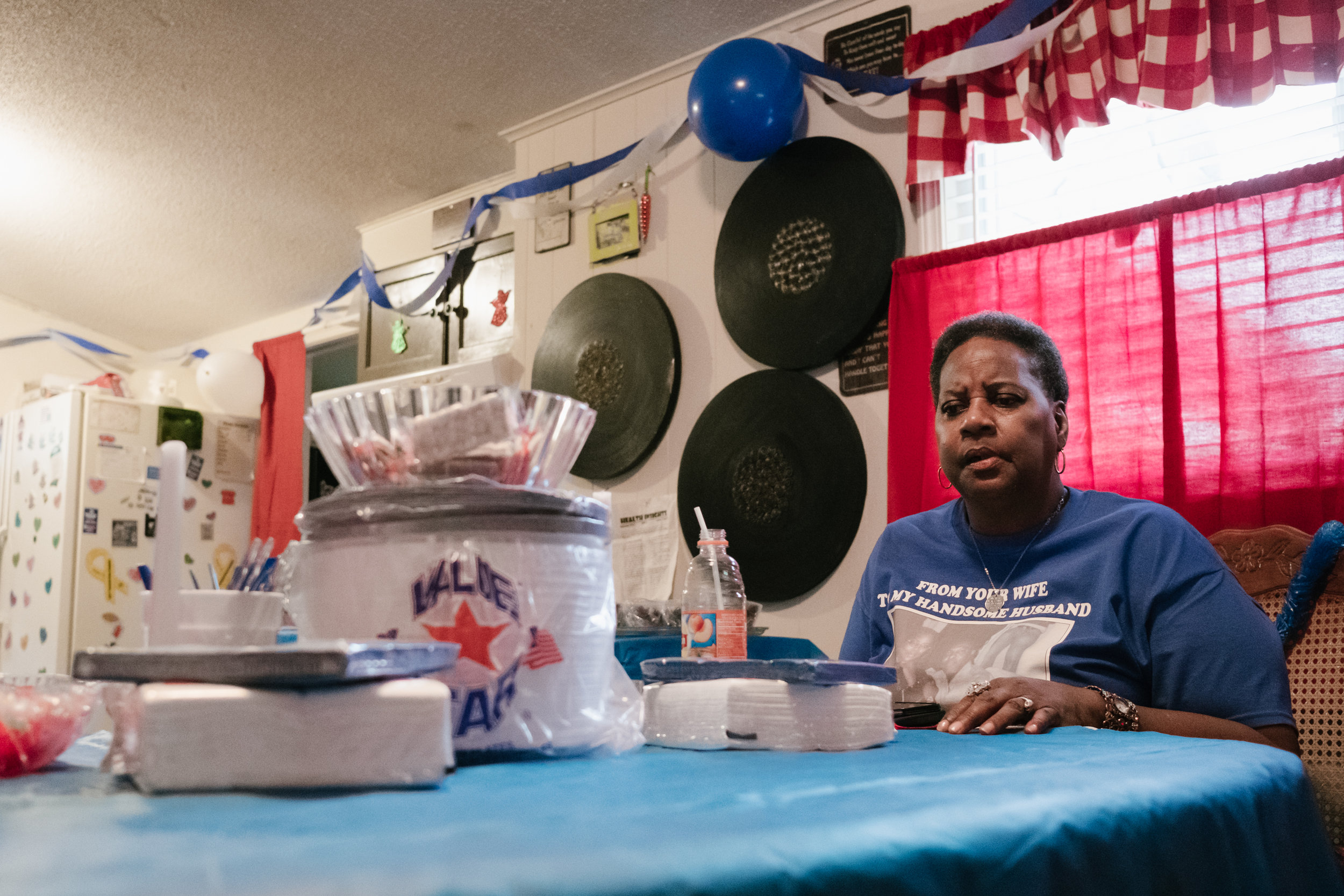
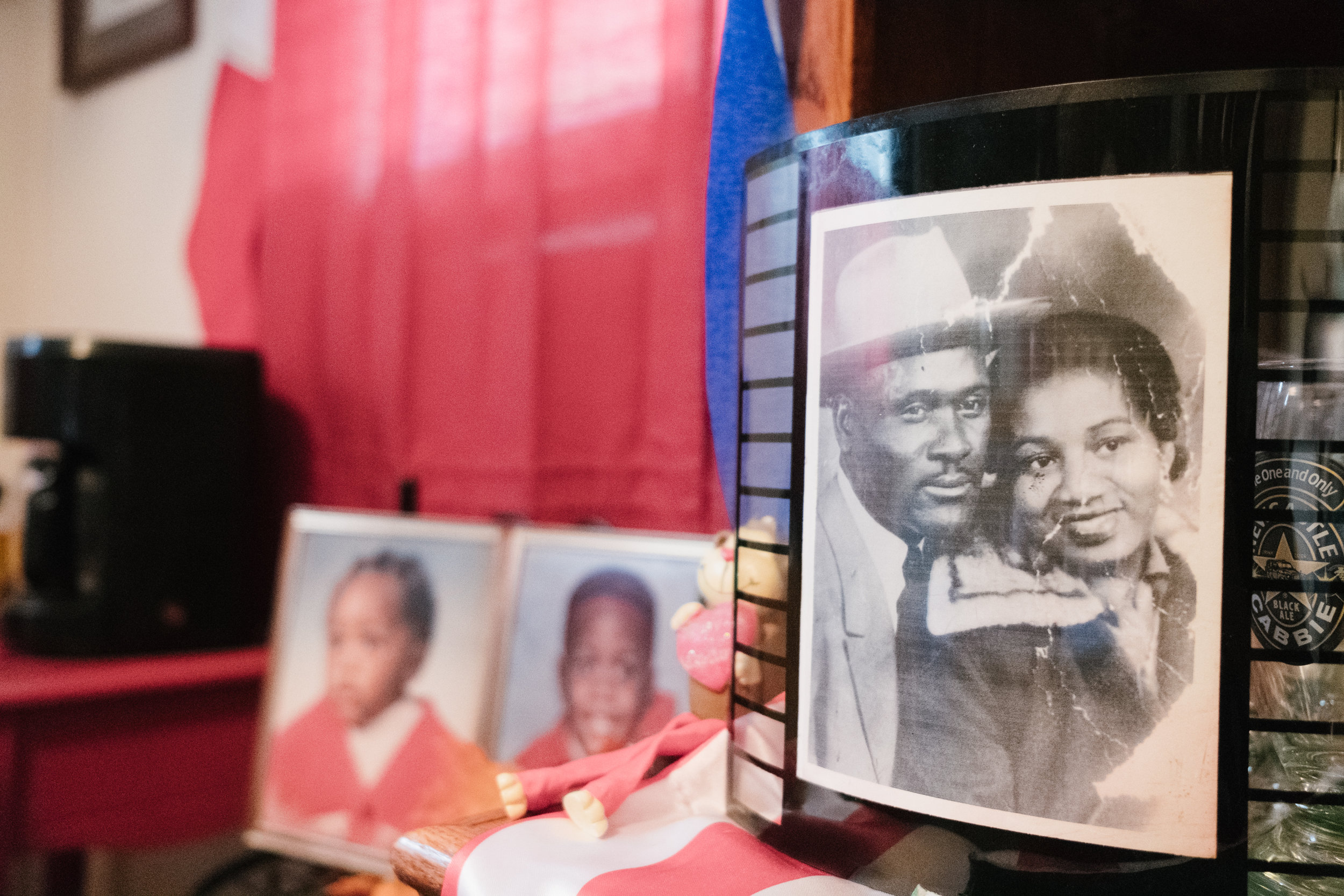
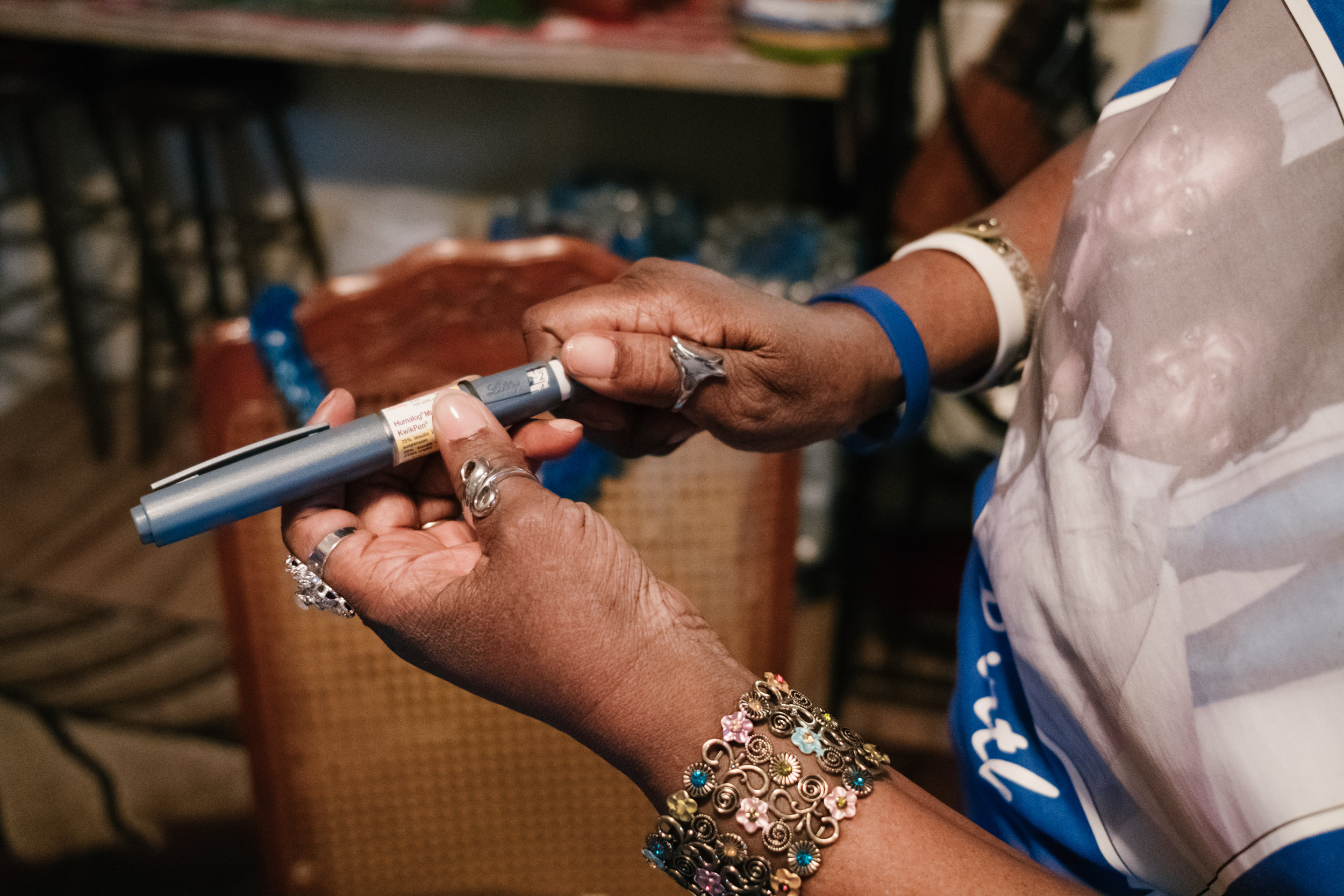
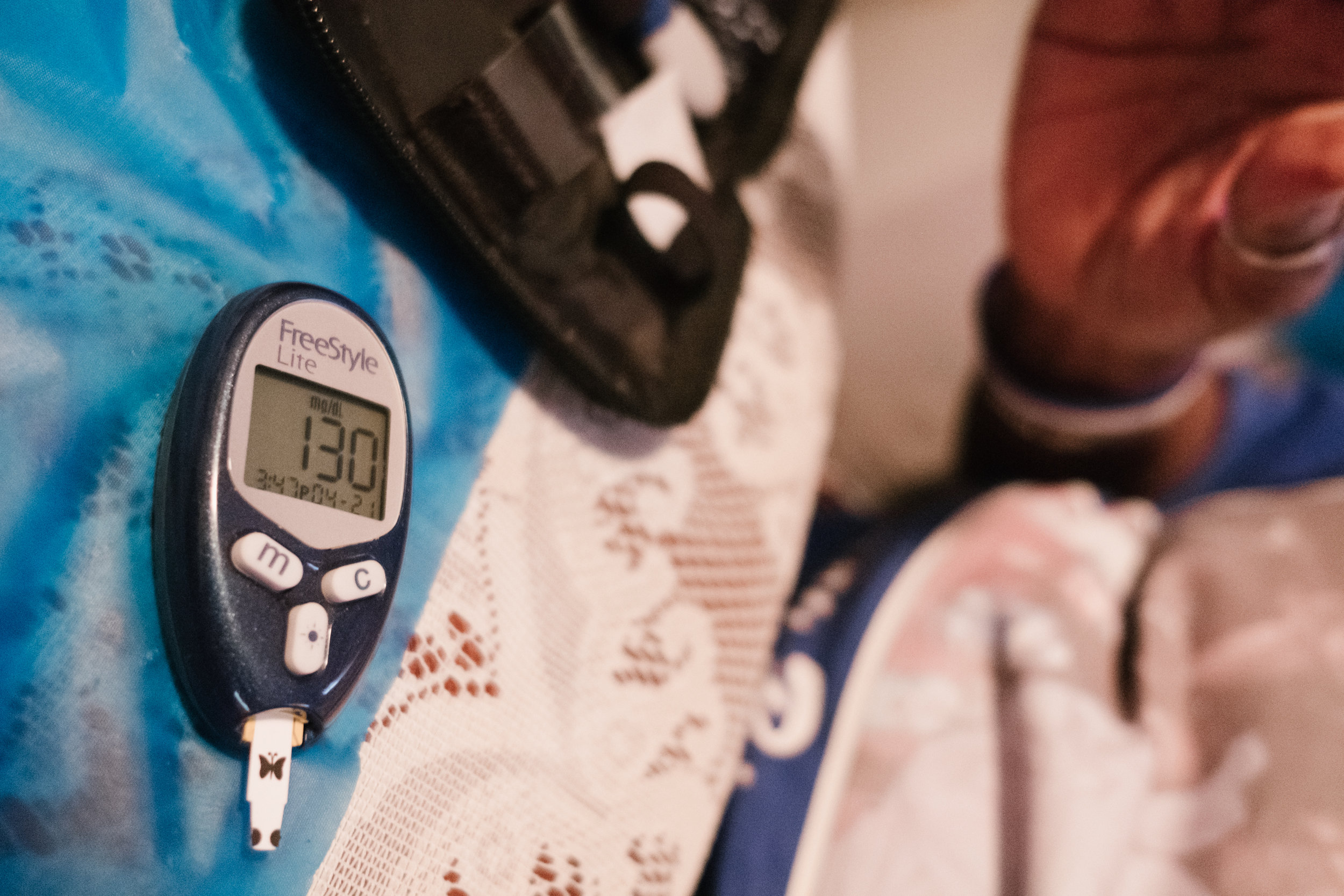
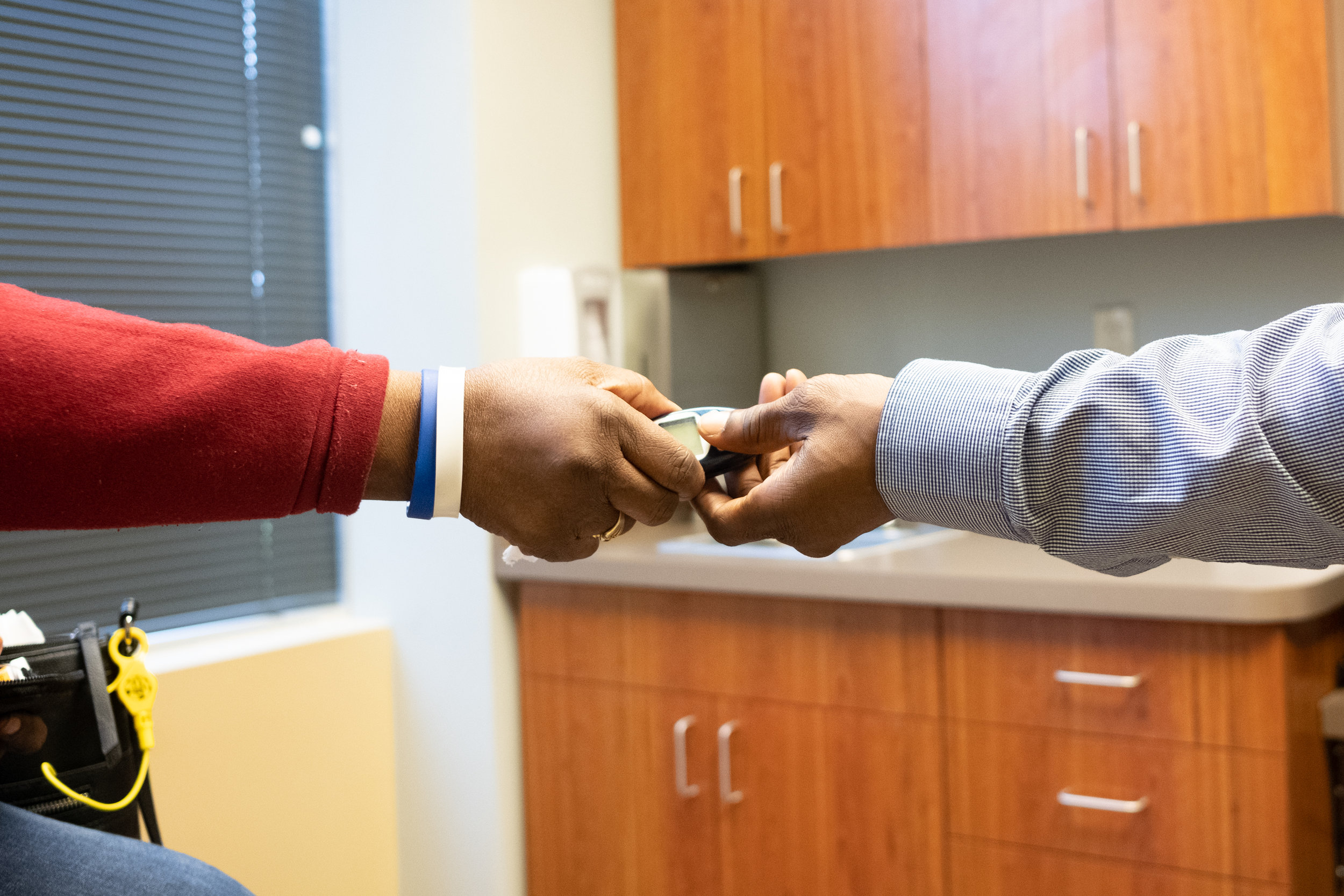

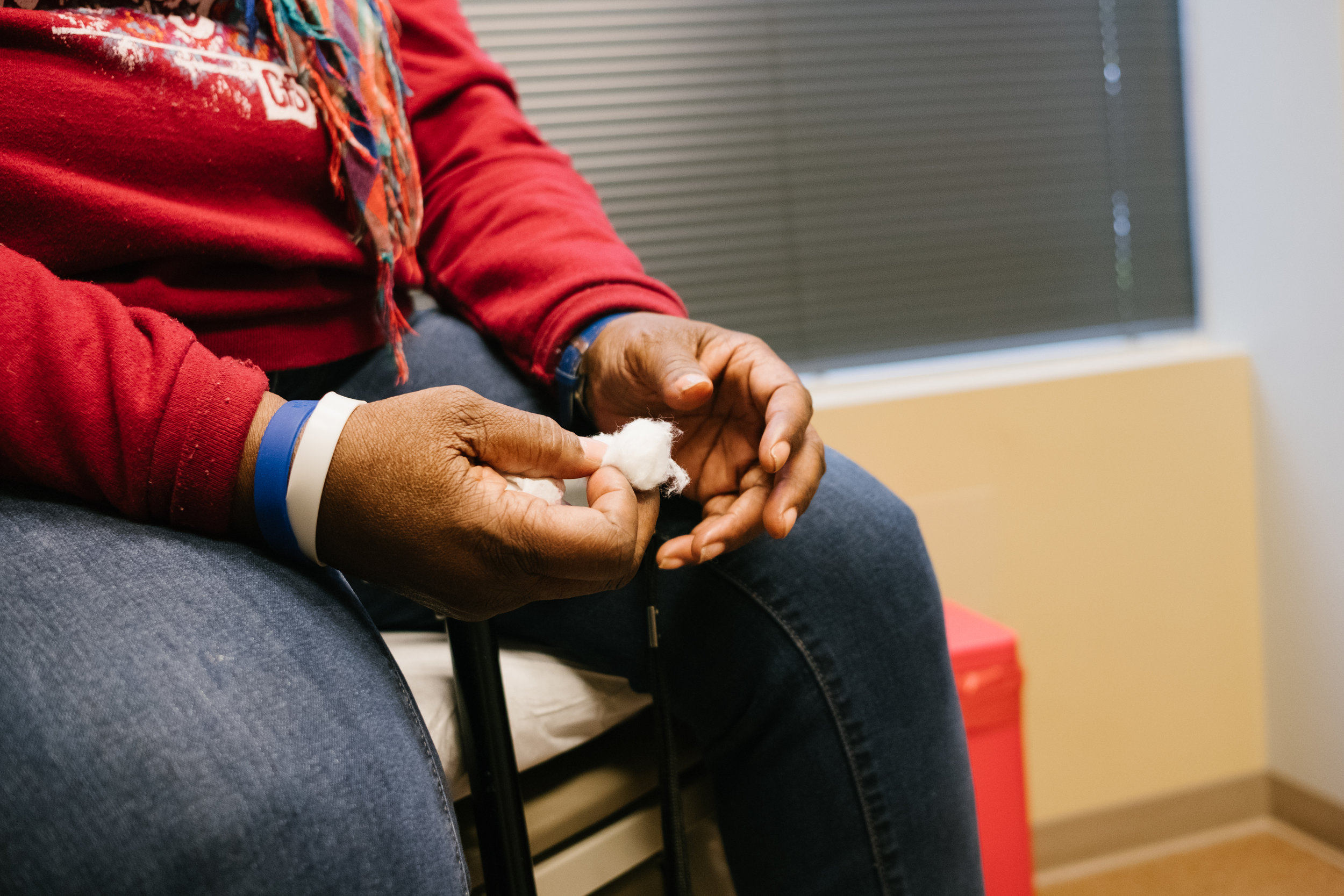
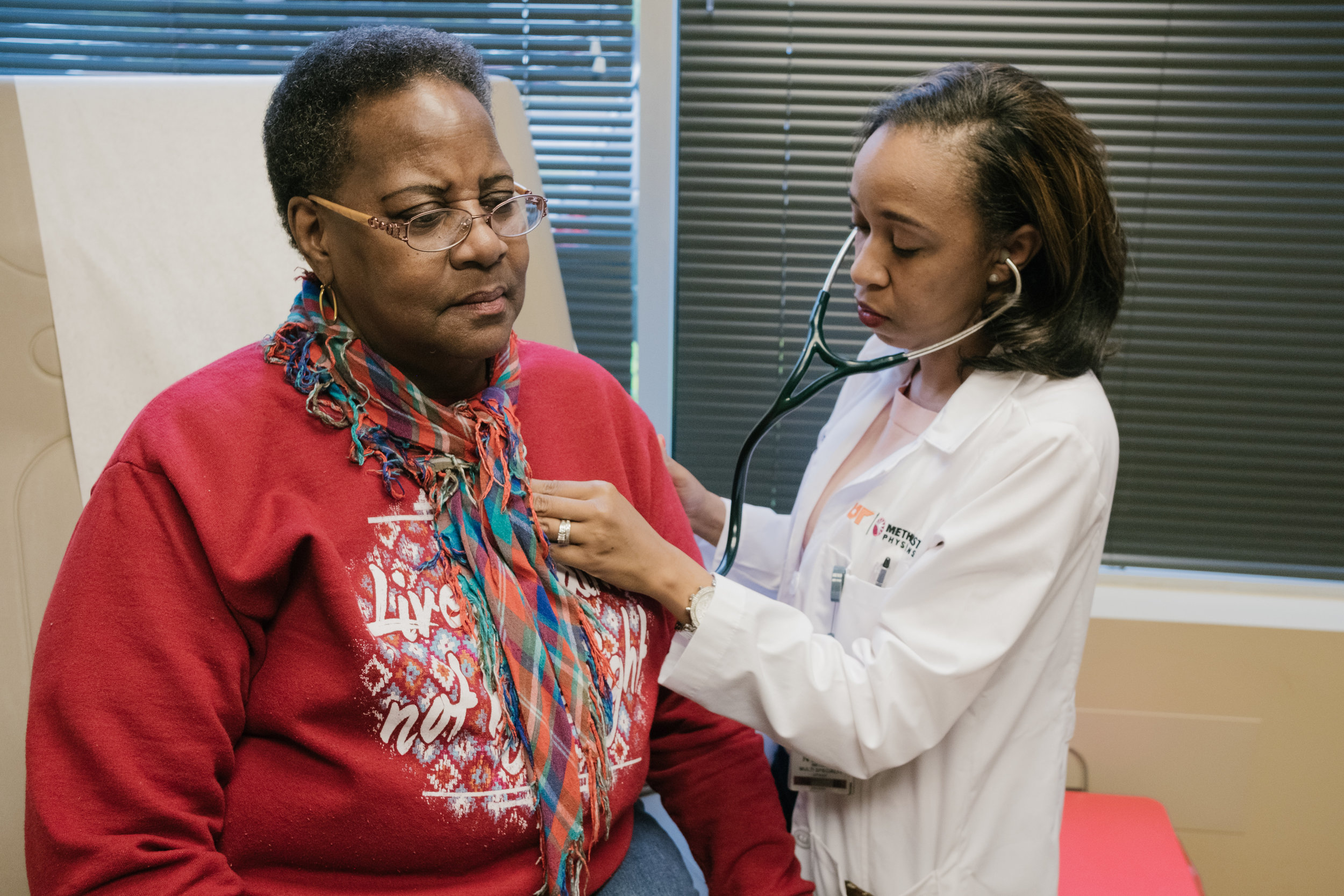
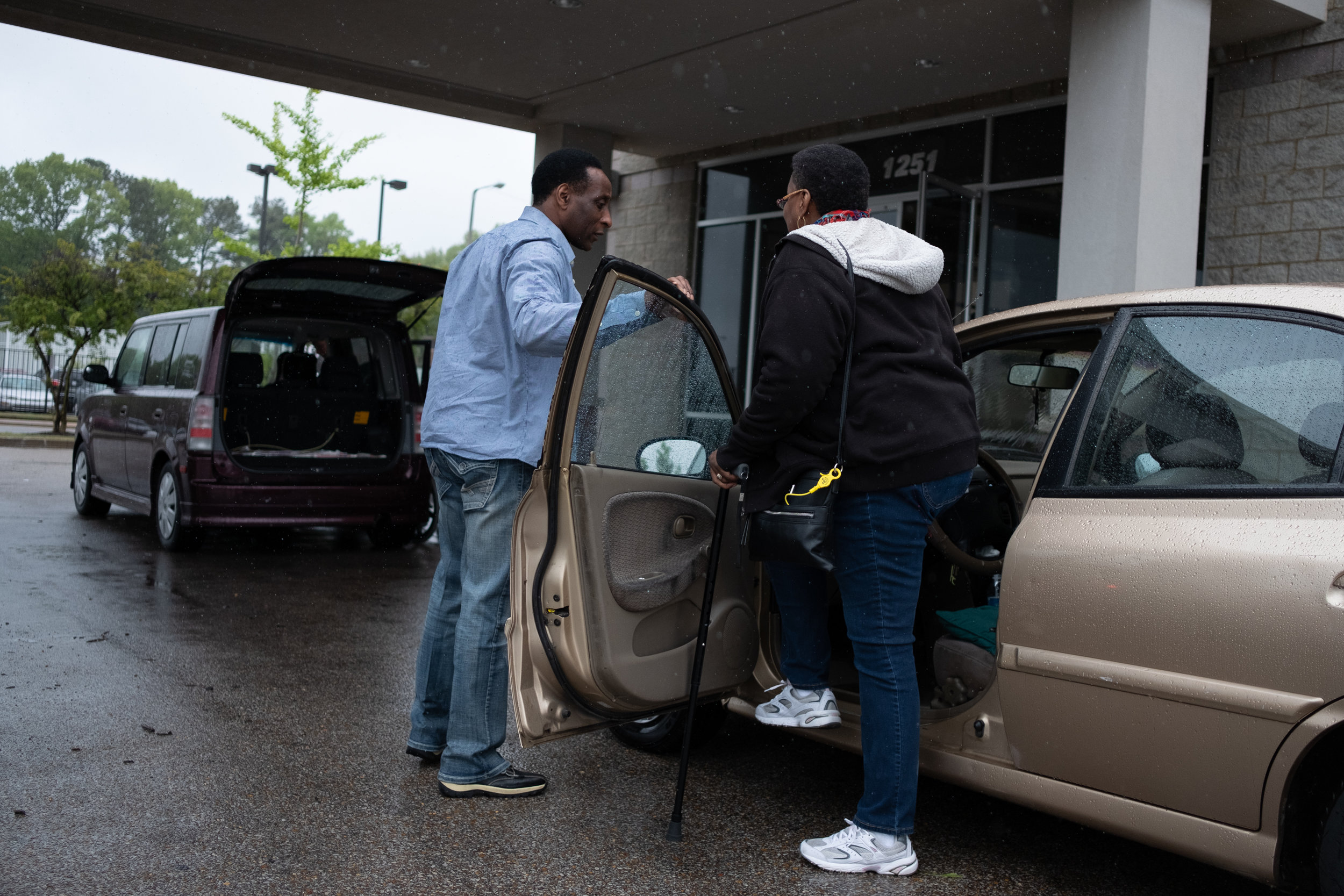
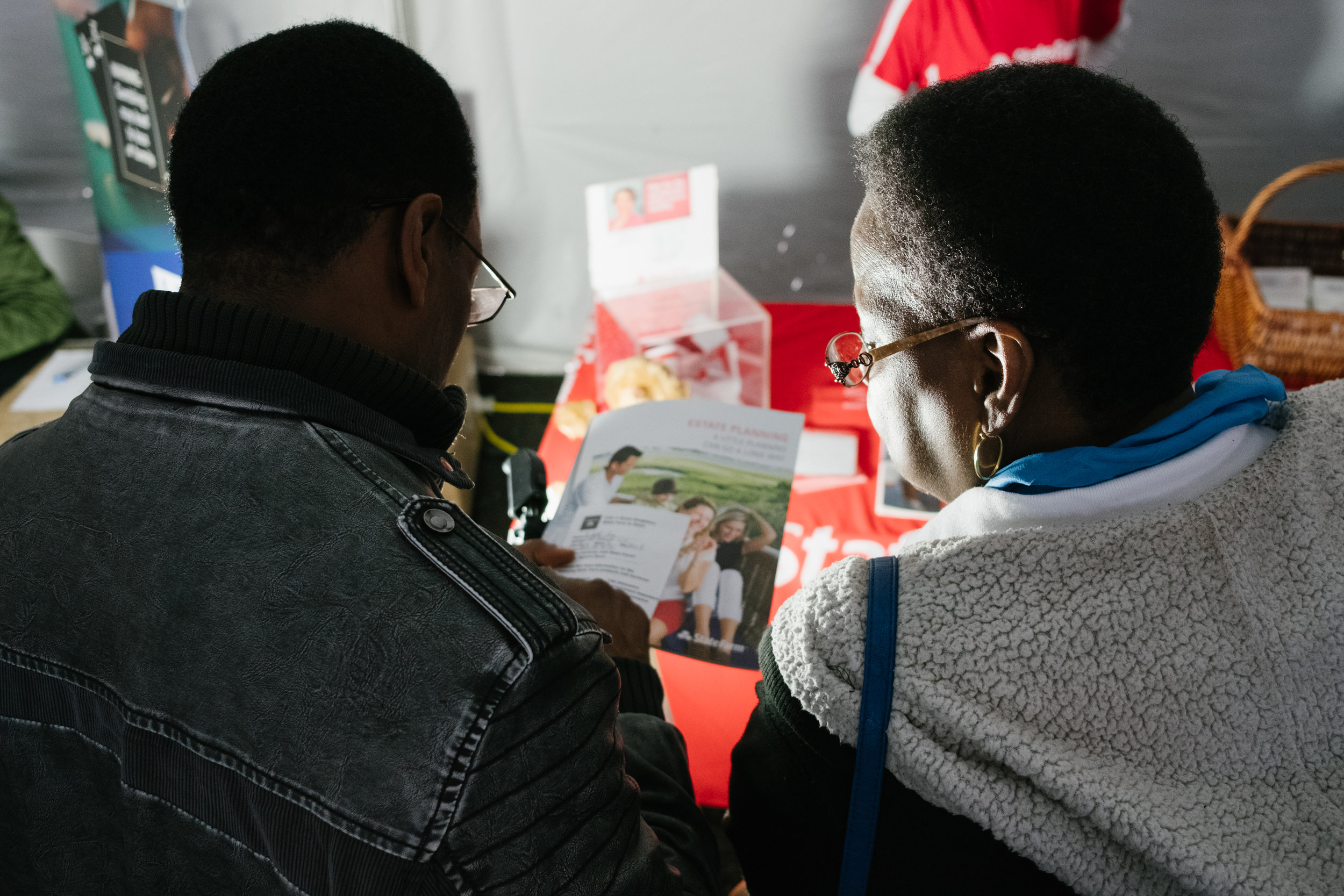
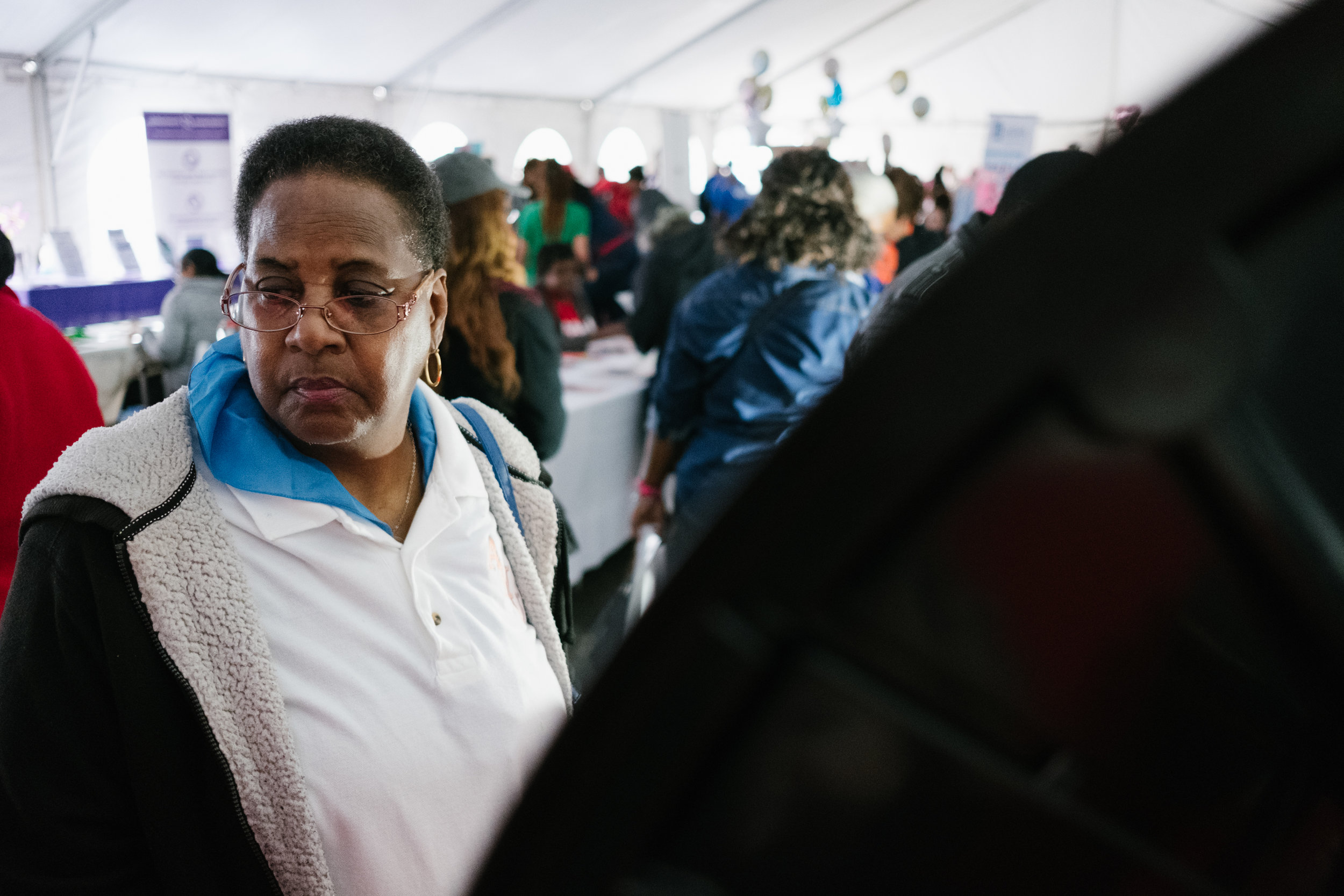
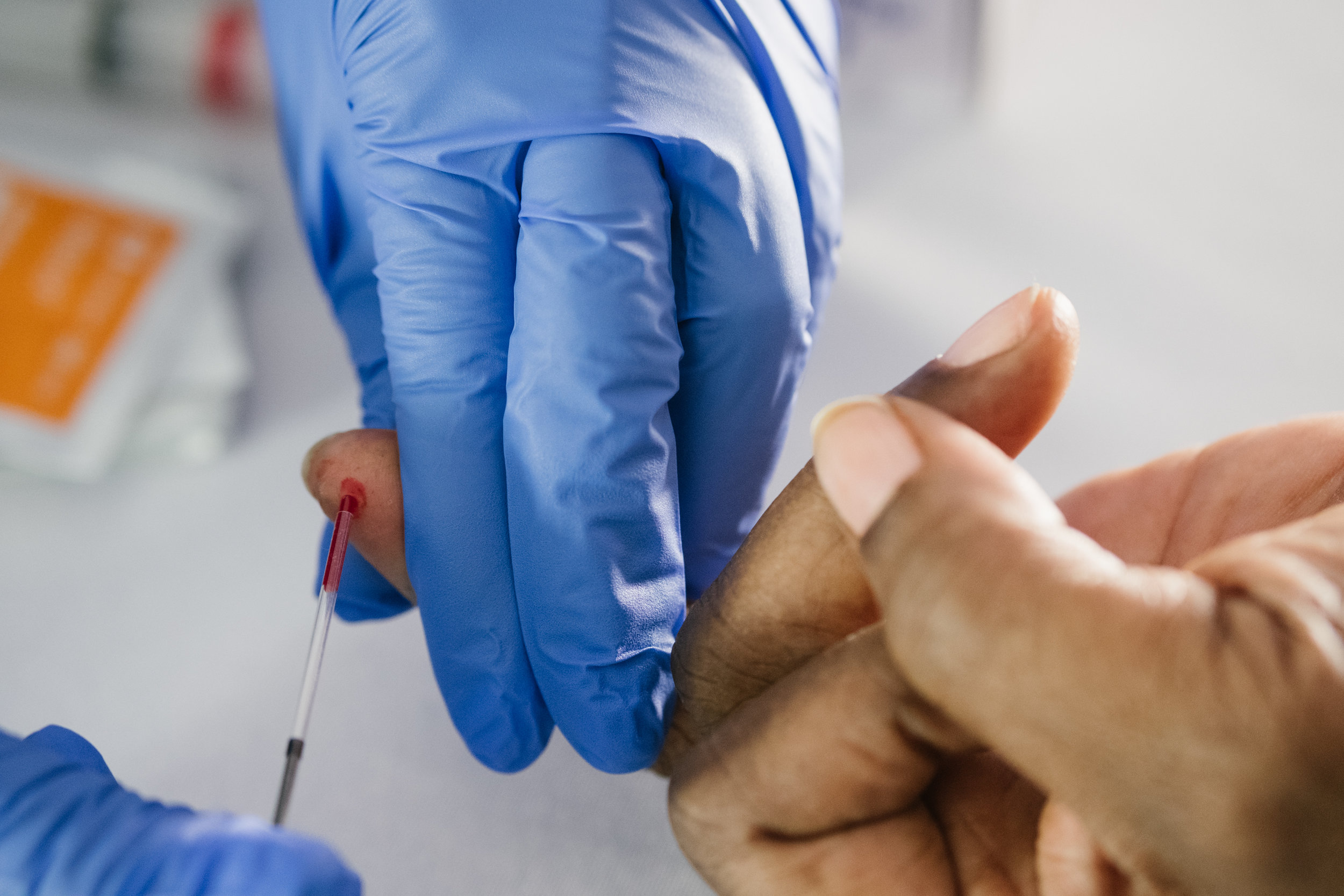
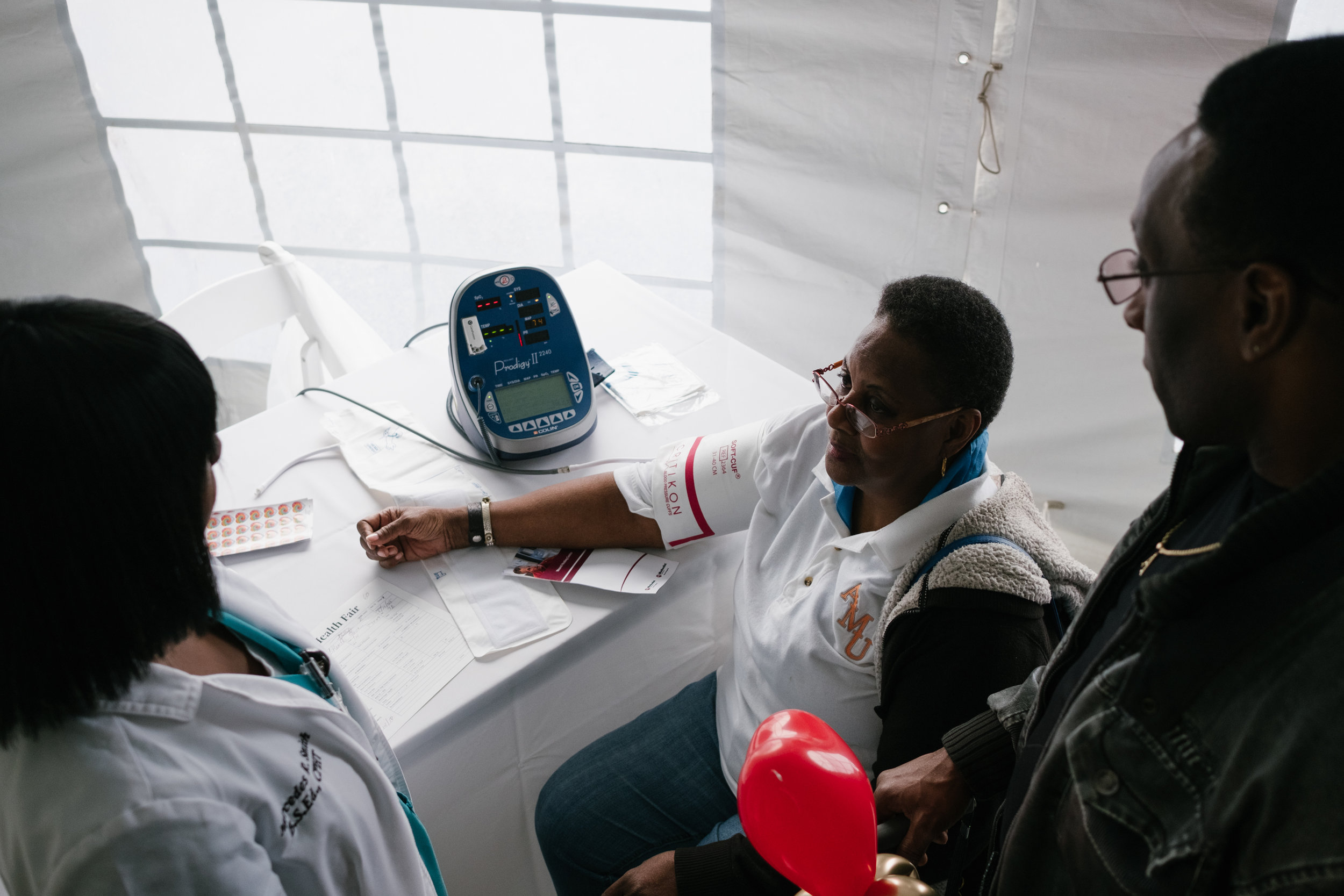
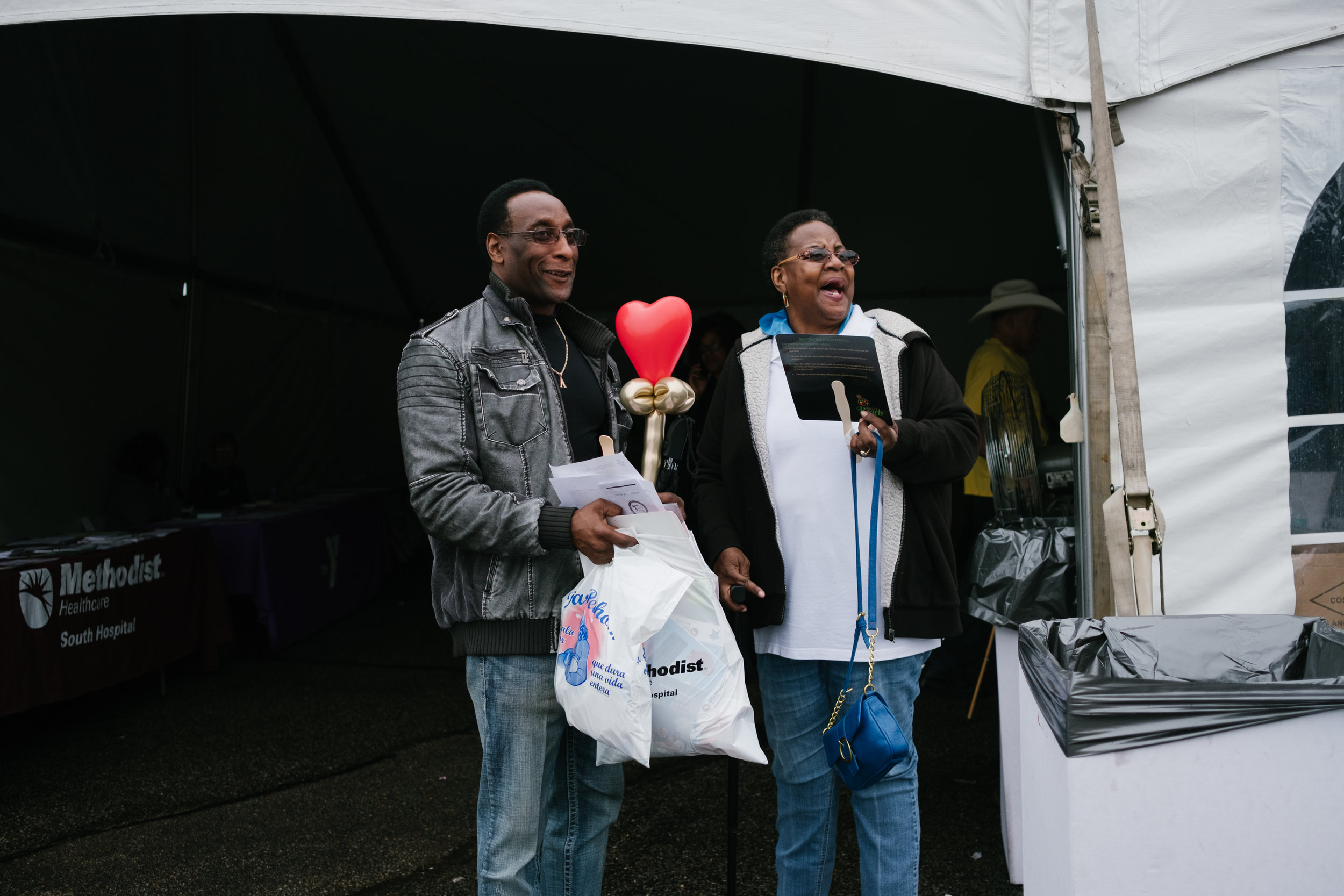
Living in Whitehaven with Diabetes
Betty Jones, 72, is a longtime Whitehaven resident and diabetes patient with Methodist South. The condition led Jones had to change many of her old habits — especially her diet.
“I ain’t fixing to say it’s easy for me," she said.
Diabetes is the seventh leading cause of death in the United States. Shelby County faces one of the highest rates of diagnosis in the U.S. as nearly one in ten residents of Shelby County have diabetes. Controlling diabetes is the key to preventing more severe complications associated with the disease, such as lower dialysis and extremity amputations. Teaching patients how to manage their disease is something Methodist South has sought to address when it began a diabetes education program and opened a wellness and prevention center several years ago.
For Jones, managing diabetes revolves around measuring food intake and developing a painful regiment of daily finger pricks and injections. Jones’ day begins with a morning blood sugar check and her first insulin shot. Her meals are scheduled around this ritual, and their content is dictated by the food’s nutritional value and quantity of sugars. She will check her blood sugar several more times throughout the day and take a second insulin shot before dinner. Much of her daily routine is dictated by her diabetes.
“You’ve got to know it like you know your name," she said of her diabetes maintenance plan.
Since her initial diagnosis, Jones has come a long way. She said making changes to her diet has, by far, been the most significant effect diabetes has had on her life. “I had to set the junk aside. As long as I keep doing good, I’ll be okay.” Her family has played a significant role in helping her manage her diabetes, and Jones said she is fortunate to have a close relationship with them. “I thank God for my kids.”
She has three sons and two daughters. One of her sons, Andre, lives with her and, when he isn’t at work, spends much of his time assisting his mother. With regards to her initial diagnosis, Andre said, “At first she was a little depressed. We had to learn how to live with it. But, we saw this wouldn’t beat her.” Andre and his siblings were always close to their mother, but her diagnosis prompted them to rally around her even more. “Everyone came together. We all learned how to give the shot.” Andre went on to say, “She brought us up, so now we have to give back.”
Jones said of the daily blood tests, “In 2016 I didn’t want to shoot myself, but I learned it.” Two years later, the daily blood sugar checks and insulin shots have become second nature. Despite becoming accustomed to this routine, Jones said that, “It still makes you hurt.”
Jones also expresses gratitude for having a solid support system in the form of her medical care. The nurse practitioner that manages her treatment, Nykkia Sellers, has a strong relationship with Jones. “I could sit and talk to her and she would sit and listen,” Jones said. They meet every six months to discuss Jones’ treatment and they both share the goal of getting Jones to a place where she only requires one daily injection of insulin.